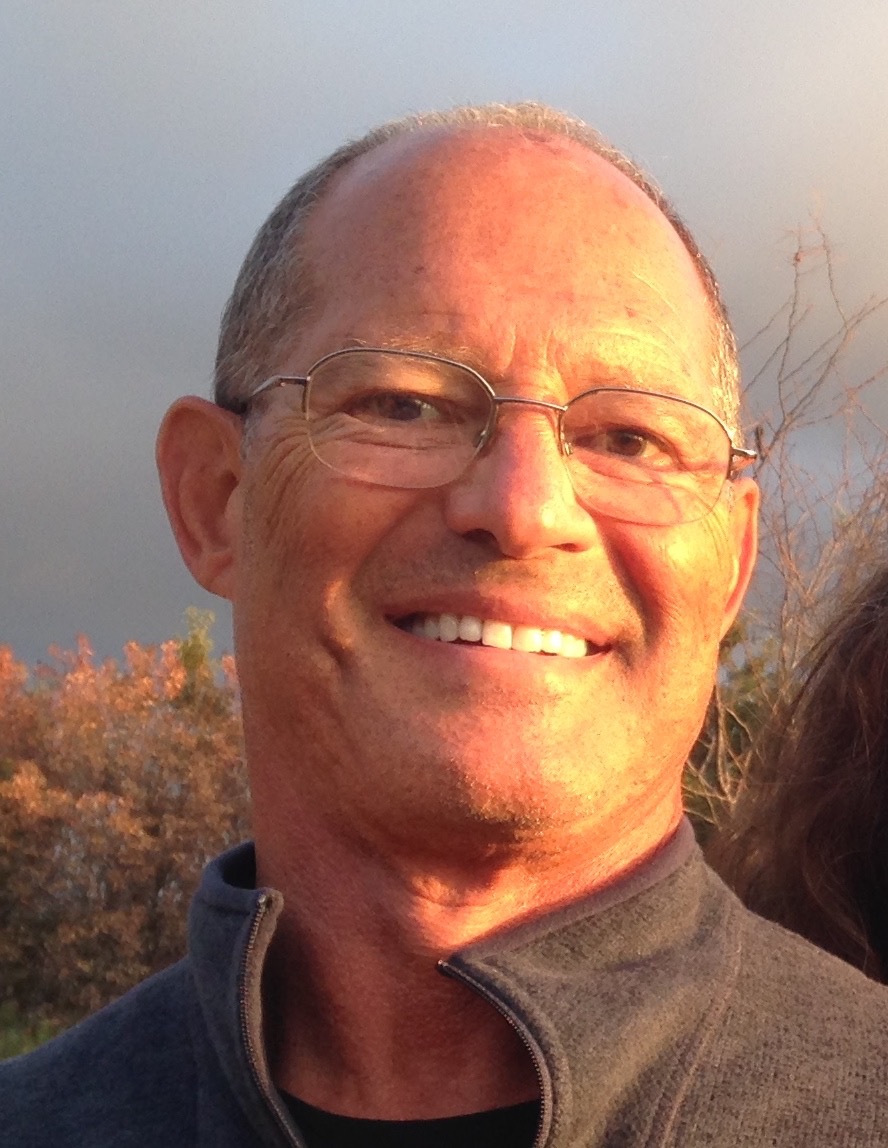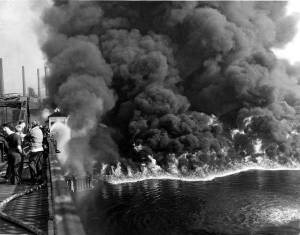A Tribute to a Great Mind
 Dr. Brock B. Bernstein served as President of the Board of the National Fisheries Conservation Center (the parent organization of the Global Ocean Health program) for 25 years. A marine ecologist and oceanographer, Brock was a sought-after facilitator in efforts to tackle complex marine science and policy problems.
Dr. Brock B. Bernstein served as President of the Board of the National Fisheries Conservation Center (the parent organization of the Global Ocean Health program) for 25 years. A marine ecologist and oceanographer, Brock was a sought-after facilitator in efforts to tackle complex marine science and policy problems.
Suzanne Iudicello, another founding board member, recalls: “Brock was not just brilliant in rare and breathtaking ways, across disciplines, interests, and sectors. He was magical in that he could call forth knowledge, analysis, empathy, and insight in everyone around him. The world, especially the ocean, is better because of Brock.”
Brock’s crowning accomplishments were collaborative efforts that transformed the way scientists and agencies monitor the health of waters: instead of isolated studies of narrow patches of coast, he successfully cajoled, inspired and taught researchers to link efforts in order to answer bigger questions that urgently confront us all: Can these waters keep making abundant seafood and life? Is it safe to swim? Is it safe to drink? He drew scientists, policy leaders, fishermen, and even surfers together to forge robust and reliable systems for prioritizing and tackling the really important problems first. The results: cleaner and more abundant waters, and stronger stewardship of coastal and marine resources.
In honor of Brock’s work, we founded the Brock Bernstein Memorial Fund for the Oceans in May 2018, to honor our friend, colleague, and founding member who passed away in January of that year. The fund will support the mission of NFCC’s flagship Global Ocean health program: to protect seafood at the source. The fund allows us the freedom to pursue projects and opportunities we otherwise couldn’t.
Brock leaves behind a wife and two children, as well as innumerable colleagues and friends. He was a treasured member of our team and we will continue to honor his example of kind, patient, and wise collaborative problem-solving.
— the team at National Fisheries Conservation Center


